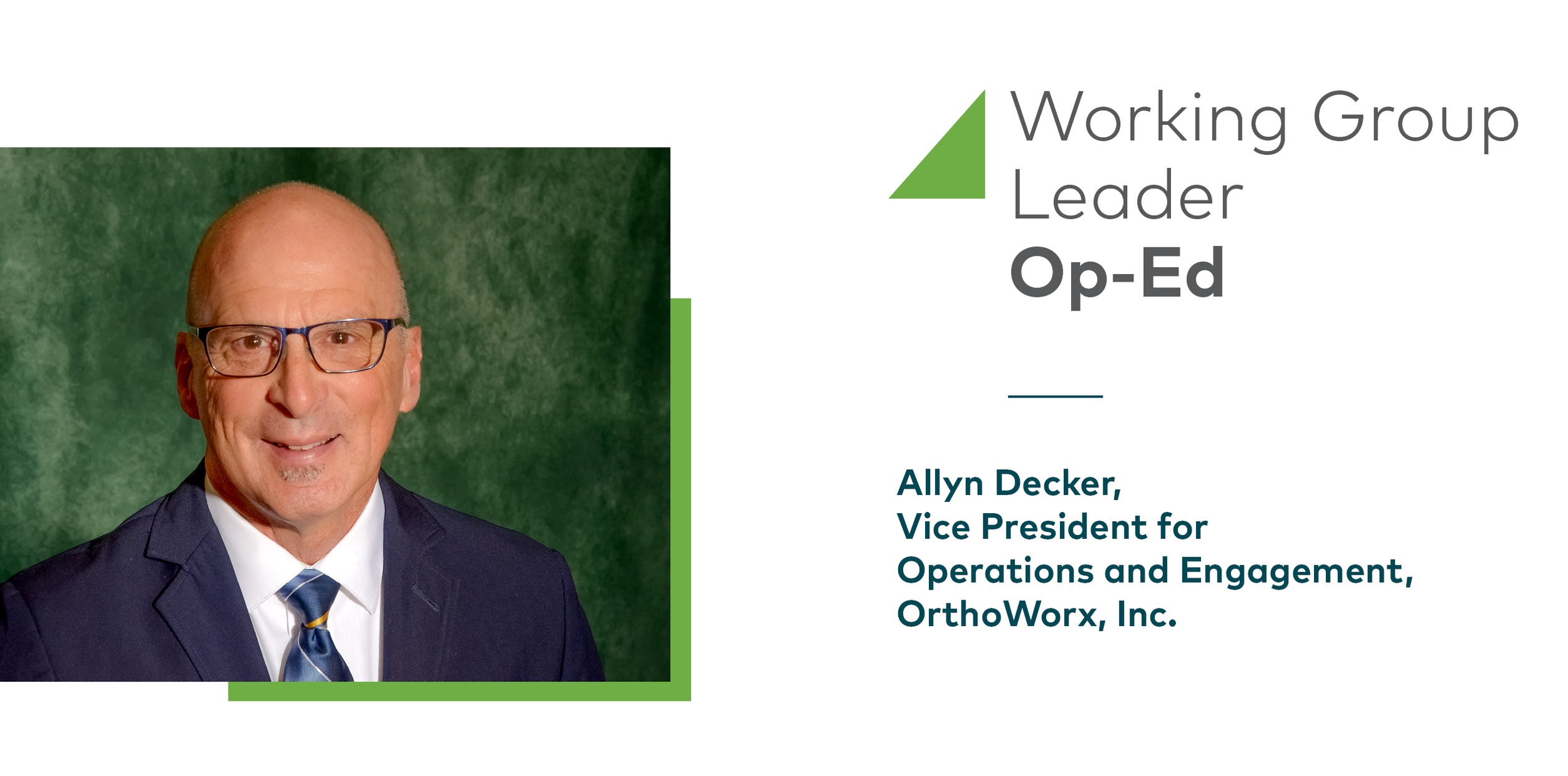Diana’s story is remarkable but not unusual.
Like many other hard-working Hoosiers, she has experienced the transformative power of postsecondary education. She would be the first to tell you that balancing family, work and college requires support from family, friends and employers.
Investing her time, money and effort into earning a bachelor’s degree as a working adult has led to career advancement, financial independence, and a profound sense of confidence and satisfaction.
Recently, the Don Wood Foundation and the Questa Education Foundation commissioned a study to explore postsecondary education and training in northeast Indiana. The Achieving Postsecondary Education and Training Study revealed critical insights:
• Over the next five years, the region’s demand for talent will grow by more than 5,600 high-demand, high-wage jobs requiring a postsecondary credential. Notably, 61% will require a bachelor’s degree.
• About 46% of working-age residents have a high school diploma equivalency or less. Only 34% have some form of postsecondary education.
• By 2027, northeast Indiana employers will face a gap of 6,500 to 8,000 bachelor’s degree graduates.
To address this challenge, a regional coalition has formed working groups to develop initiatives to help Hoosiers meet workforce demands, particularly for roles requiring higher education.
I co-lead the Adult Learner Working Group, dedicated to increasing access to higher education for working adults. Diana’s story exemplifies these challenges and opportunities.
Married and divorced by age 20, Diana understood that financial independence was crucial. She left a stable job to take a lower-paying position as a temporary second-shift desk attendant at a corporate hotel, hoping eventually to gain permanent employment and access the company’s tuition assistance program.
Within six months, her supervisor promoted her to front desk lead. This gave Diana the confidence to enroll part time in a college degree program through Indiana Tech which required her to attend classes locally and in Elkhart – an hour from home.
After four years of juggling home, work and college, she discovered Grace College’s GOAL program – an accelerated bachelor’s degree completion program designed for working adults. Within 18 months, she completed her degree.
Diana leveraged her employer’s tuition assistance over her college career, but the benefit didn’t always fully cover her expenses. She worked a second job as a waitress and relied on credit cards.
Throughout, she leaned on her life partner, family and mentor for support, crediting them with helping her reach this milestone.
Since receiving her diploma in 2020, Diana has been promoted to hotel supervisor, leading a team of 12.
She has also obtained her real estate license, serves as board chair and member for two local nonprofits, helps coordinate her church’s annual fundraising festival (welcoming more than 5,000 attendees), graduated from her county’s leadership academy, and volunteers to advance Latino leadership programs in her hometown.
She attributes much of her success to earning her degree, which gave her the confidence to embrace new challenges and “pay it forward.”
Diana exemplifies resilience, determination and focus, but she also credits her employer for supporting her education. In addition to tuition assistance, she occasionally needed scheduling flexibility and extra support to stay on track.
Her advice to working adults considering higher education? Utilize employer tuition benefits, understand your goals, build a strong support system, be a creative problem-solver, and engage with peer networks within your degree program.
Studies indicate that only about 5% of employer tuition-assistance funds are used annually. Simply offering this benefit isn’t enough; employers must actively promote it and demonstrate that achieving higher education while managing a busy life is possible.
Beyond tuition assistance, employer-led training programs provide valuable opportunities for employees to learn while they earn. For example, Lake City Bank in Warsaw operates a corporate university offering a three-week new retail banker school, product and customer service classroom learning, online compliance courses, computer technology workshops, and leadership development training.
Classes are taught by the bank’s leaders, and employees receive paid time to attend training.
Lake City Bank Chairman and Chief Executive David Findlay explains how the program is woven into all aspects of the organization.
“Lake City University has been a core driver of Lake City Bank’s culture since its creation in 1999,” Findlay said. “It touches every team member multiple times every year and contributes to a community banking culture critical to our long-term success. Team members are encouraged to attend classes taught almost exclusively by bank employees focused well beyond their job skills, including personal and professional development.”
Not all companies can invest in a full-scale corporate university, but they can still support workforce development in meaningful ways.
Low- or no-cost job shadowing, on-the-job training with subject matter experts, and targeted external training are effective alternatives. Additionally, employers can provide flexibility and encouragement for employees who take on the monumental challenge of earning a degree while managing work, family and community responsibilities.
These are exciting and challenging times for northeast Indiana. To sustain a competitive and thriving workforce, individuals and employers must work together to foster continual learning and career growth.
Success isn’t measured solely by the financial bottom line; it’s also about transforming lives through education. If you ever need proof, just ask Diana.

